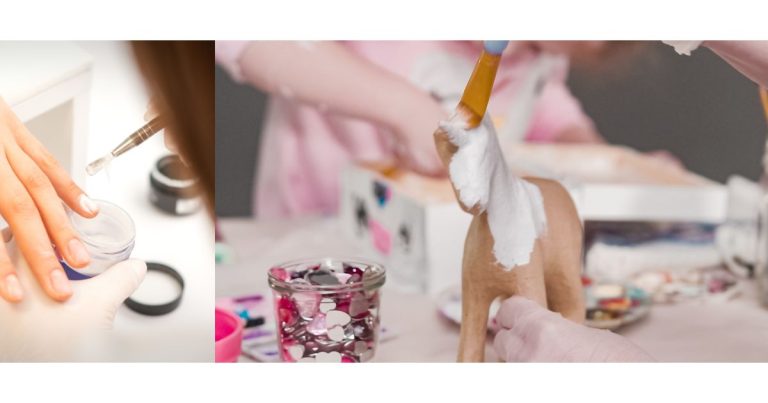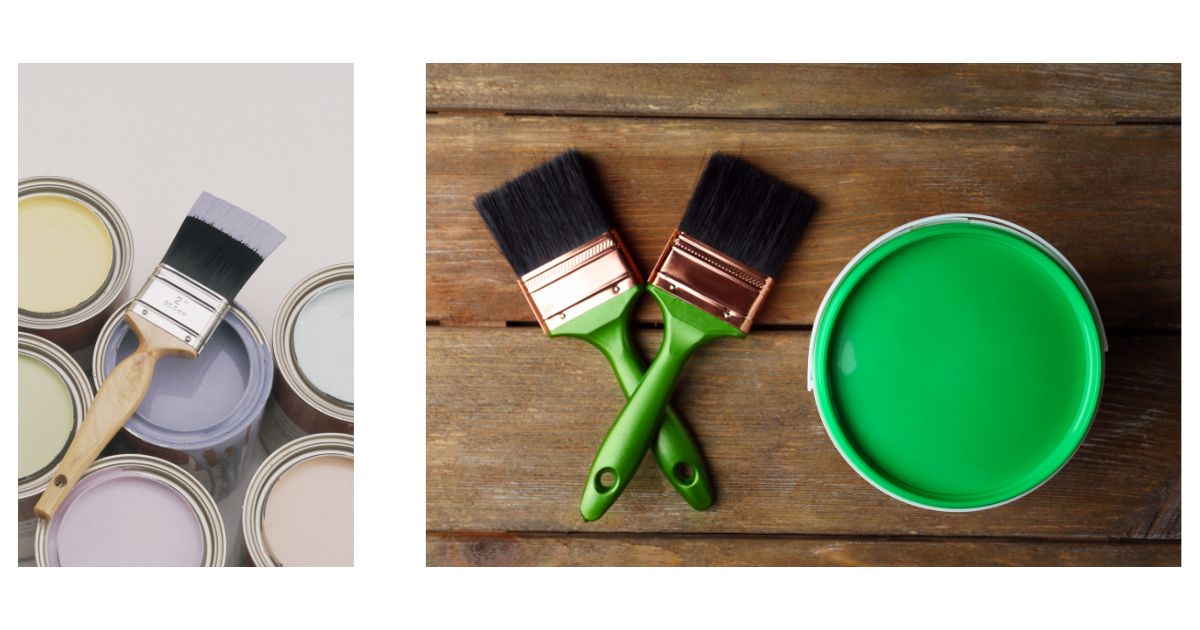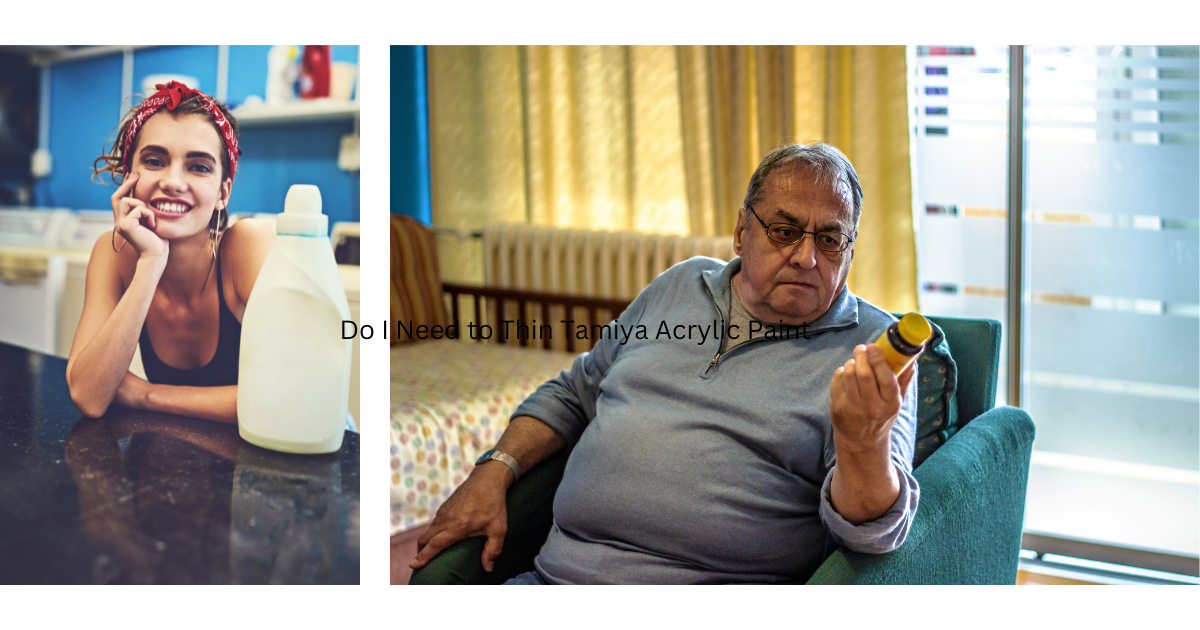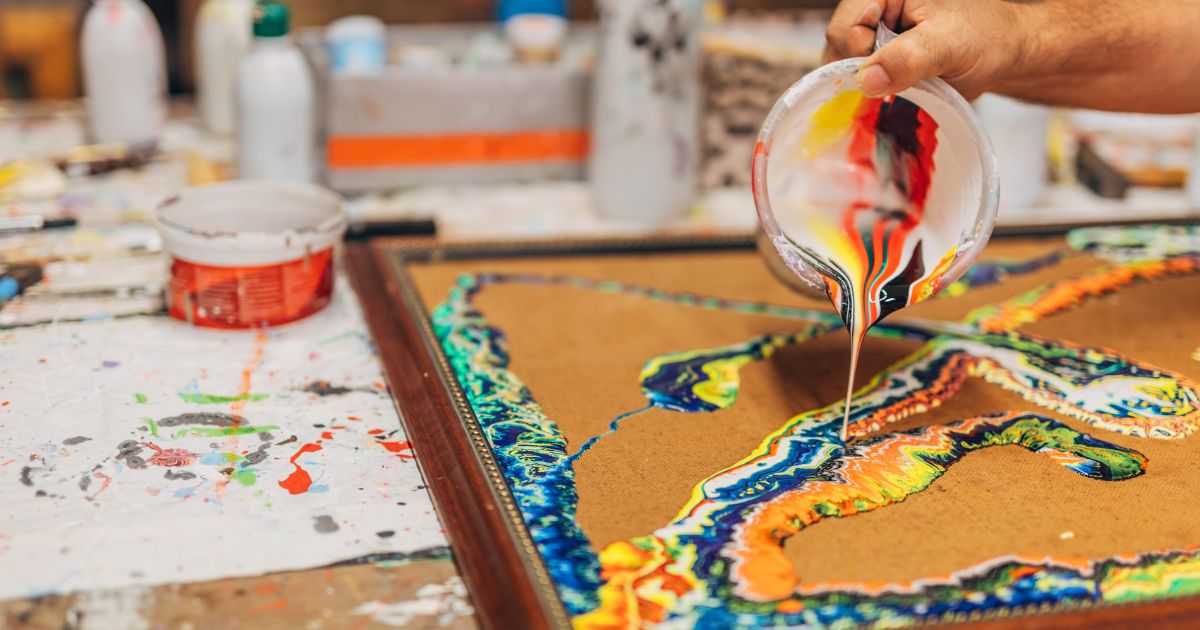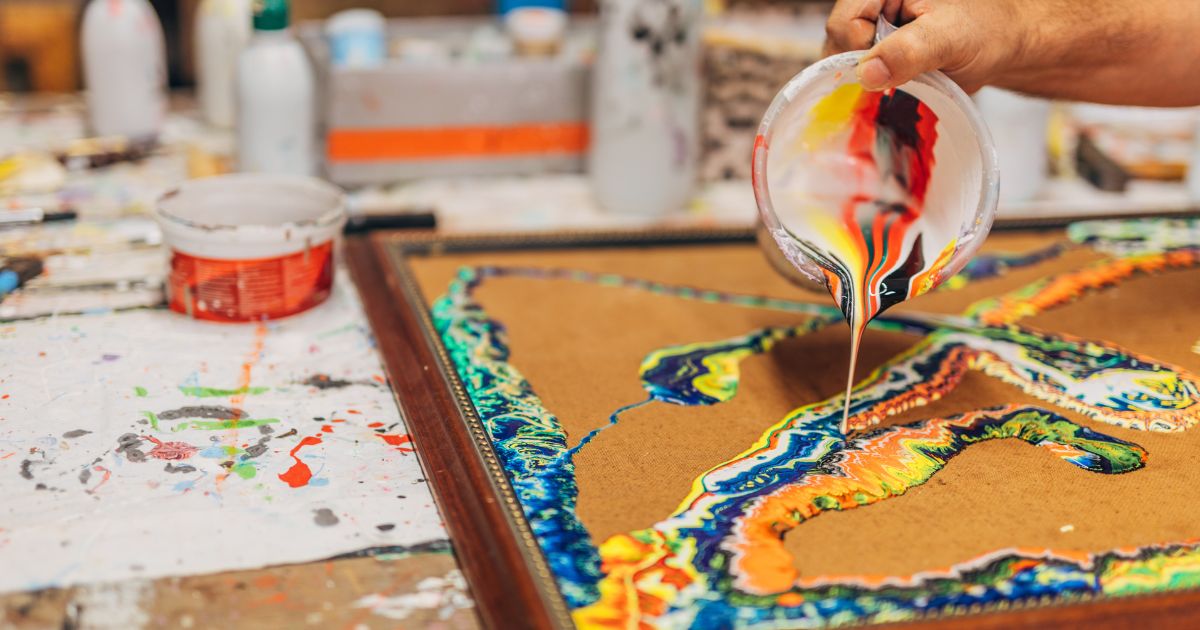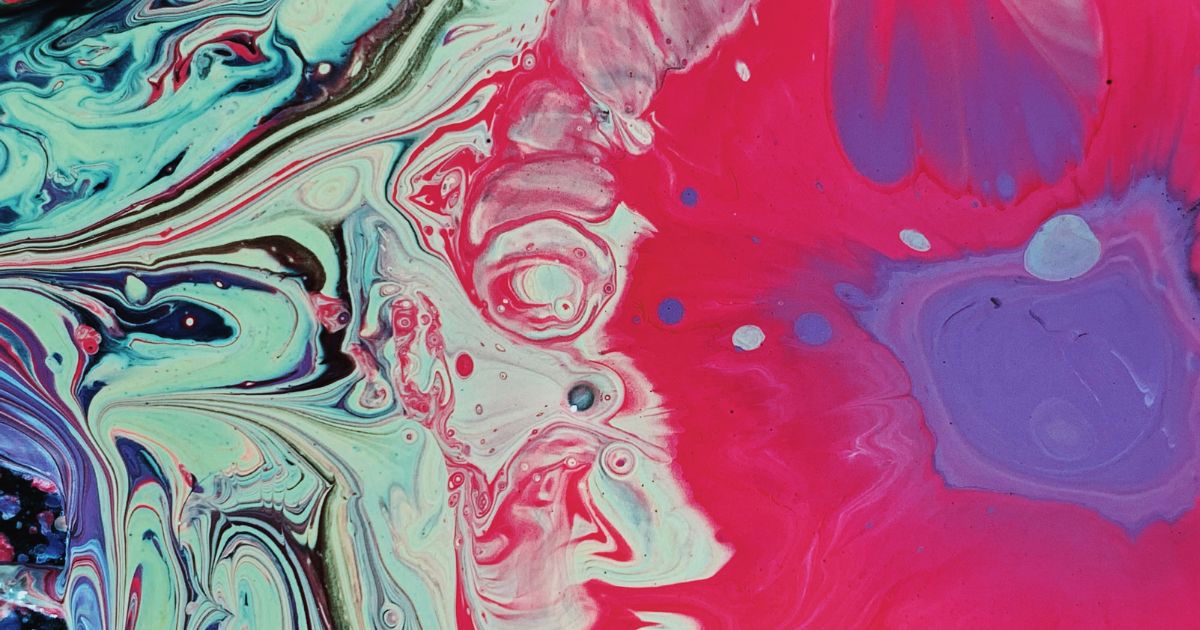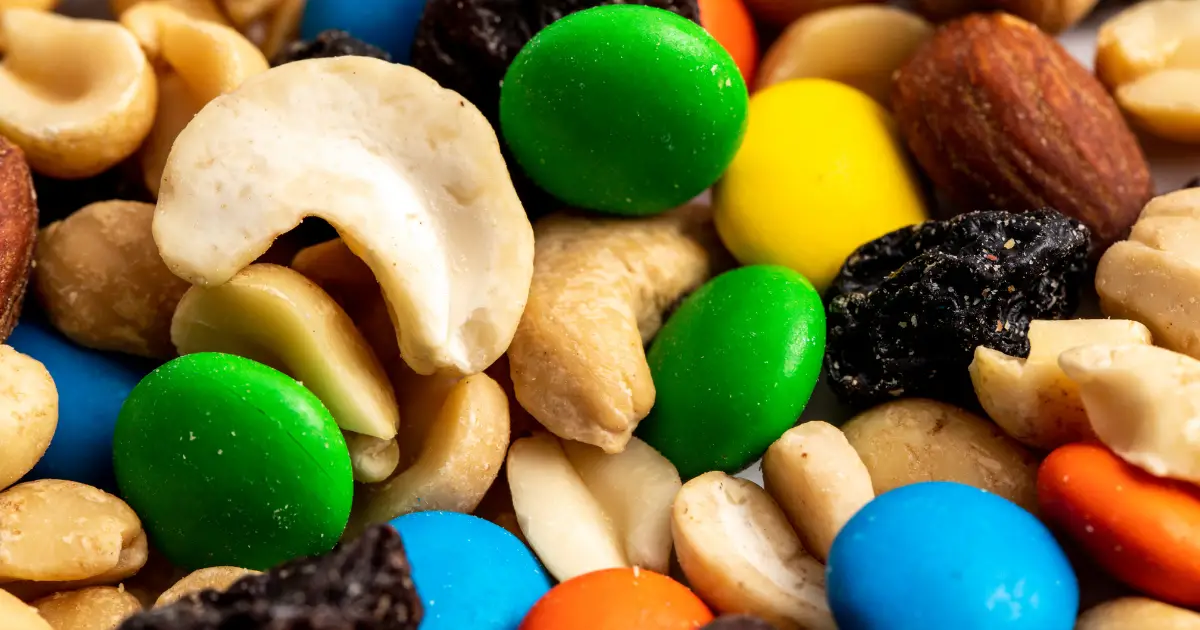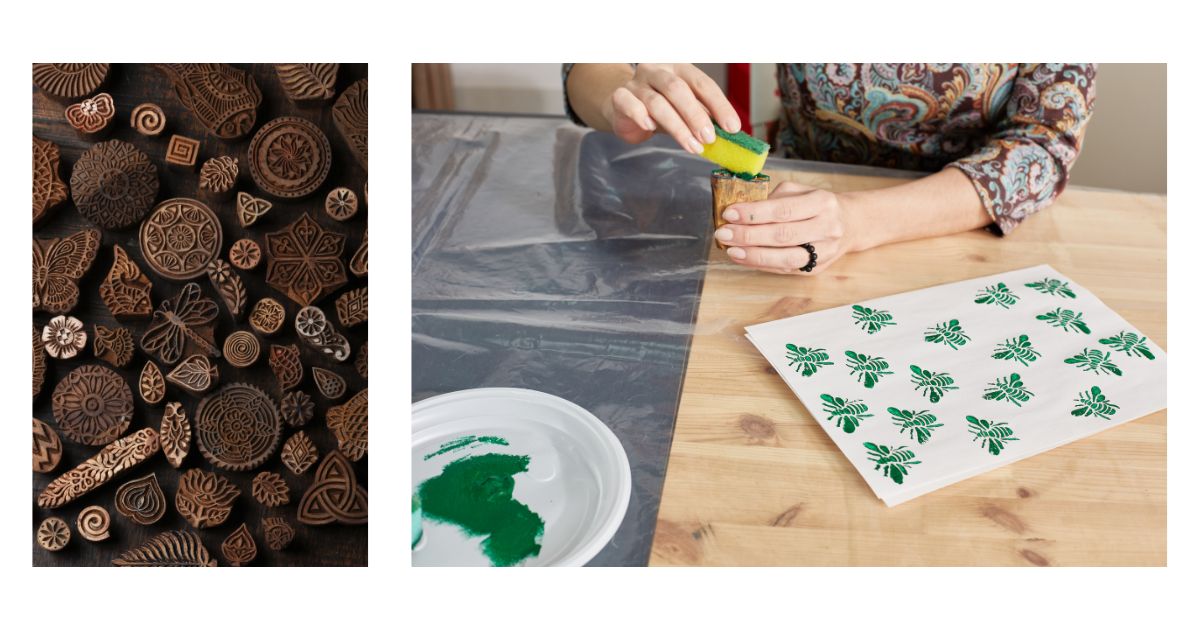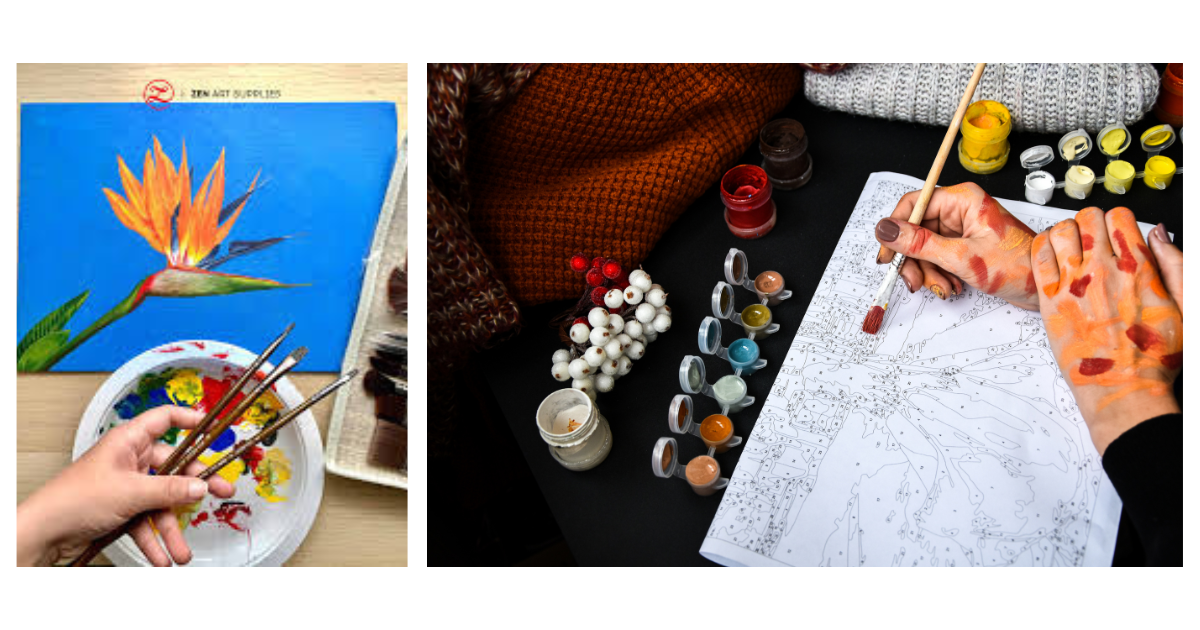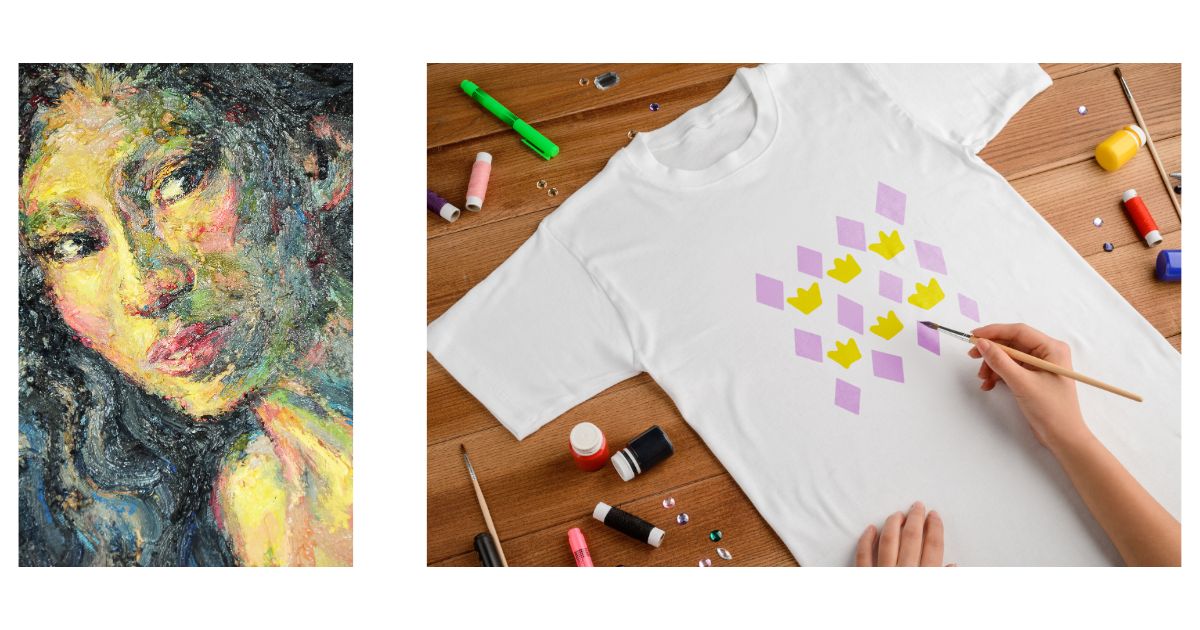To make liquid white for acrylic painting, mix one-part titanium white paint with two parts water. Stir the mixture until it is completely combined and then use it as you would any other type of acrylic paint. If you find that the paint is too thin, add more titanium white until it reaches the desired consistency.
- Pour some white paint into a container
- Add water to the paint until you have reached the desired consistency
- Stir the paint and water together until it is fully combined
- Use your liquid white as needed for your painting project!
How to make and apply Liquid White Paint (Beginners level)
What is the Equivalent of Liquid White for Acrylics?
There are a few different types of “Liquid White” that can be used with acrylics, but they all serve the same purpose. Liquid White is used to help thin out the paint and make it more workable. It also helps to create a smooth and even surface for painting.
One type of Liquid White is made specifically for use with acrylics. This type of Liquid White is usually a bit thinner than other types and has a higher concentration of pigment. This makes it ideal for creating an even, smooth surface for painting.
Another type of Liquid White that can be used with acrylics is called Gesso. Gesso is a thicker, more viscous version of Liquid White. It’s often used as an underpainting medium, helping to prepare the surface for painting.
Gesso can also be used on its own as a white paint color. The last type of Liquid White that can be used with acrylics is called Medium Gel. Medium Gel is similar to Gesso in terms of viscosity and thickness.
However, Medium Gel contains less pigment than Gesso.
How Do You Make Liquid White?
To make Liquid White, you will need the following supplies:
- 1 cup of white glue
- 1/2 cup of water
- 1/4 teaspoon of Borax powder
- A bowl or container to mix the ingredients in
- A stir stick
Instructions:
- Pour the glue into the bowl or container.
- Add the water and stir until combined.
- Add the Borax powder and stir until combined. The mixture will start to thicken and become harder to stir as the Borax reacts with the glue.
- Once all of the Borax has been added and stirred in, your Liquid White is ready to use!
How Do You Make Magic White With Acrylic Paint?
To make magic white with acrylic paint, mix one-part titanium white paint with two parts water. This will create an opaque, matte finish that is perfect for use on walls or ceilings. You can also add other colors to create different hues of white.
Is Liquid White Necessary for Acrylic Painting?
No, liquid white is not necessary for acrylic painting. However, many artists choose to use it because it can help create a smooth and even surface on which to paint. Liquid white also allows colors to maintain their vibrancy and can prevent them from drying out too quickly.
How to Make Liquid White Without Linseed Oil
Making liquid white without linseed oil is actually quite simple. All you need is white pigmented oil, such as stand oil or titanium dioxide, and some mineral spirits. Simply mix these two ingredients together in equal parts and you will have a beautiful, opaque white paint that dries to a hard, durable finish.
This mixture can be used for both interior and exterior applications.
Wet on Wet Acrylic Painting
Acrylic paint is a fast-drying paint made of pigment suspended in acrylic polymer emulsion. Acrylic paints are water-soluble, but become water-resistant when dry. Depending on how much the paint is diluted with water, or modified with acrylic gels, mediums, or pastes, the finished acrylic painting can resemble a watercolor or an oil painting, or have its own unique characteristics not attainable with other media.
The main practical difference between most acrylics and oil paints is the inherent drying time. Oils allow for more working time and require longer to cure. This allows the artist to blend colors on the canvas over time to create varying effects.
Acrylics have less working time than oils–they begin drying as soon as they are applied to the canvas–but they offer greater versatility in techniques that can be used while they are still wet. One such technique is “wet-on-wet” painting, also called “direct painting.” Wet-on-wet painting means applying fresh layers of color on top of still-wet previous layers.
This technique can produce some very interesting results, and it’s relatively easy to do once you get the hang of it. Here’s a step-by-step guide to wet-on-wet acrylic painting:
- Begin by sketching your subject matter onto your canvas using a light pencil mark. You don’t need to be too precise at this stage–just block in the basic shapes of what you’re going to be painting.
- Choose two or three colors that you want to use for your painting and mix them each with a little bit of water so that they have a liquid consistency (this will vary depending on how opaque or transparent you want your final colors to be).
- Starting with one color, begin Painting directly onto your sketch marks, letting the first layer of color dry slightly before adding another layer on top (this doesn’t have to be perfect–in fact, imperfections can add character and interest to your finished piece). Continue until you’re happy with the coverage and depth of color achieved.
- To add detail or highlights, switch back to a dry brush loaded with just paint (no water added) and start adding strokes where needed. You can also use a knife or other sharp object dipped in paint for fine details like scratches or lines.
Substitute for White Acrylic Paint
White acrylic paint is a versatile color that can be used for a variety of different projects. It can be used as a base color or mixed with other colors to create new shades. However, if you don’t have white acrylic paint on hand, there are several substitutes that can be used.
one option is to mix together equal parts of black and titanium white acrylic paint. This will create an opaque white color that can be used in place of white paint. Another option is to mix together equal parts of yellow ochre and ultramarine blue acrylic paint.
This will create a translucent white color that can be used for glazing or layer effects. If you need an even lighter shade of white, you can add some water to either of these mixes until you achieve the desired consistency. Whether you’re using it as a base coat or mixing it with other colors, these substitutes for white acrylic paint should give you the results you’re looking for.
Conclusion
When it comes to acrylic painting, one of the most important things you need is good-quality white paint. However, buying expensive white paint isn’t always necessary. You can actually make your own liquid white for acrylic painting at home with just a few simple ingredients.
To make liquid white, you will need: 1 part titanium dioxide powder, 2 parts calcium carbonate powder, 3 parts distilled water, and 1 part glycerin or baby oil. Simply mix all of the ingredients together until they are well combined. Once you have your liquid white ready to go, it can be used just like any other type of acrylic paint.
Simply apply it to your canvas in the same way you would with any other color. The only difference is that liquid white will help create a more opaque and vibrant final product.

